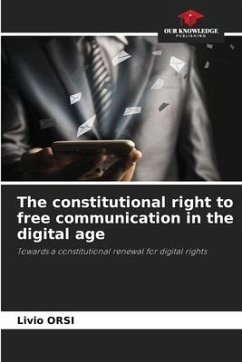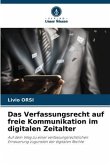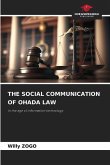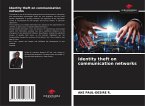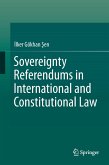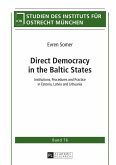The Internet has modernized expression and communication. The freedom of expression and communication of thoughts and opinions has several fundamental democratic functions in society. This freedom can be qualified as fundamental and functional, in the sense that it allows the realization of many other rights and freedoms. Internet and digital communication have modernized and amplified many practices related to democracy. The right of access to the Internet and other rights deriving from the digital world would benefit from being qualified in textual form as fundamental constitutional rights. The insufficiency of the constitutional provisions protecting the fundamental rights and freedoms framing digital communication has been noted. The Constitutional Council reconciles these new rights with the protection of public security and the fight against digital crimes. The "fundamentalization" of digital rights, in particular through the renewal of textual norms of constitutional reference, would make it possible to give the Constitutional Council means of control adapted to the 21st century and to encourage the codification of the rules of law.
Bitte wählen Sie Ihr Anliegen aus.
Rechnungen
Retourenschein anfordern
Bestellstatus
Storno

